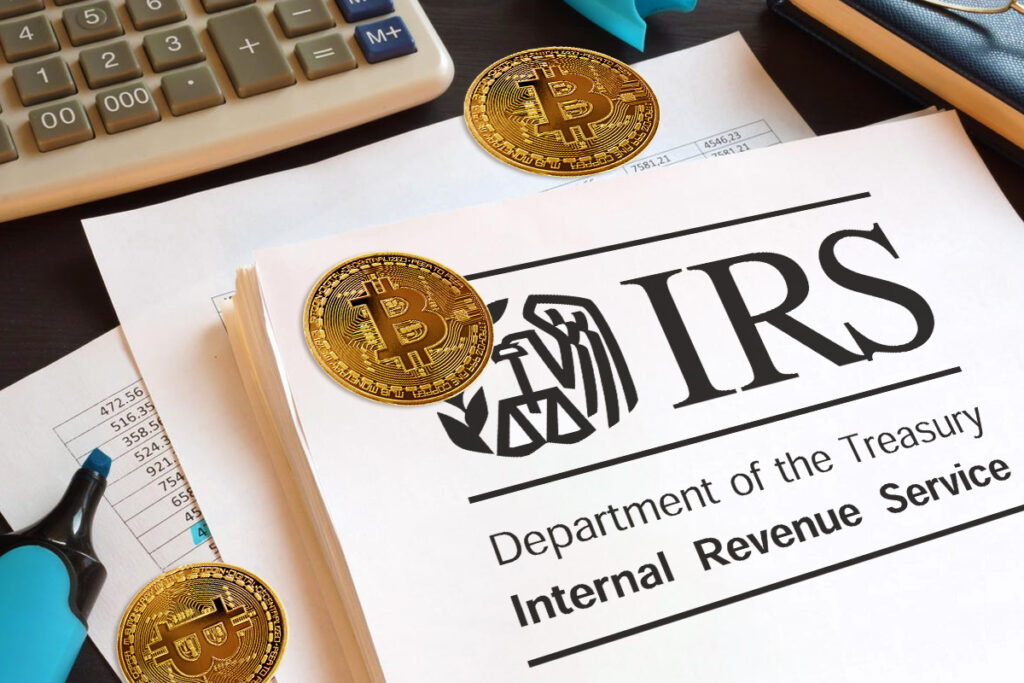IRS releases updated 1099-DA tax form for crypto transactions, addressing privacy concerns.

An updated prototype of the 1099-DA tax form has been released by the U.S. Internal Revenue Service (IRS). This form will be utilized by crypto brokers and investors to report specific transactions.
The revised version, which is scheduled to be implemented in 2026, is designed to simplify the reporting procedure and address the privacy concerns that were identified in the initial draft.
The 1099-DA will be utilized by crypto investors who interact with brokers, particularly centralized exchanges such as Coinbase and Kraken, to report taxable events associated with the sale and exchange of digital assets.
The form has been substantially simplified by the IRS in its most recent draft, which differs from the version that was initially proposed in April.
Revised Tax Form Drops Wallet Address Requirement
The revised form eliminates the necessity for investors to provide their wallet addresses and transaction IDs, which had raised substantial privacy concerns.
Furthermore, the updated form no longer necessitates the incorporation of transaction times; only dates are required, further reducing the amount of sensitive information that must be disclosed.
Another significant modification is the elimination of a section that mandated registrants to specify the type of broker involved in the transaction.
The previous iteration included the following options: “kiosk operator,” “digital asset payment processor,” “hosted wallet provider,” “unhosted wallet provider,” and “other.” The new draft has completely omitted this section, resulting in a less complex and less invasive form.
The IRS finalized regulations for crypto broker reporting requirements just two months ago, and this revision follows in its wake.
Nevertheless, the agency has announced that it will publish distinct regulations later this year to address decentralized and non-custodial brokers, which are not included in the existing regulations.
The new form is crucial in assisting taxpayers in navigating the intricacies of digital asset reporting, as emphasized by Raj Mukherjee and Seth Wilks, Directors at the IRS Office of Digital Asset Initiative.
“The new Form 1099-DA will assist taxpayers in adhering to the intricate realm of digital assets,” they declared.
They further stated that the reporting process for digital asset gains and losses will be simplified beginning in the 2025 tax year as a result of the recent 6045 broker regulations and the use of this form.
The IRS has initiated a 30-day comment period to enable the public to submit feedback on the proposed 1099-DA. This will enable stakeholders to express their views prior to the form’s finalization.
More Nations Begin Crypto Taxation
As the digital currency market continues to expand, countries worldwide are increasingly acknowledging the necessity of taxing cryptocurrency holdings.
For example, Brazil has implemented legislation that will be effective on January 1, 2024. This legislation imposes a tax of up to 15% on the profits of cryptocurrencies held overseas by Brazilian nationals.
In the interim, India continues to implement stringent taxes on cryptocurrency transactions, including a 30% tax on profits and a 1% Tax Deducted at Source (TDS) on all transactions.
Similarly, the UK national taxing authority requested that crypto users disclose any unpaid taxes they may have in order to prevent sanctions last year.
